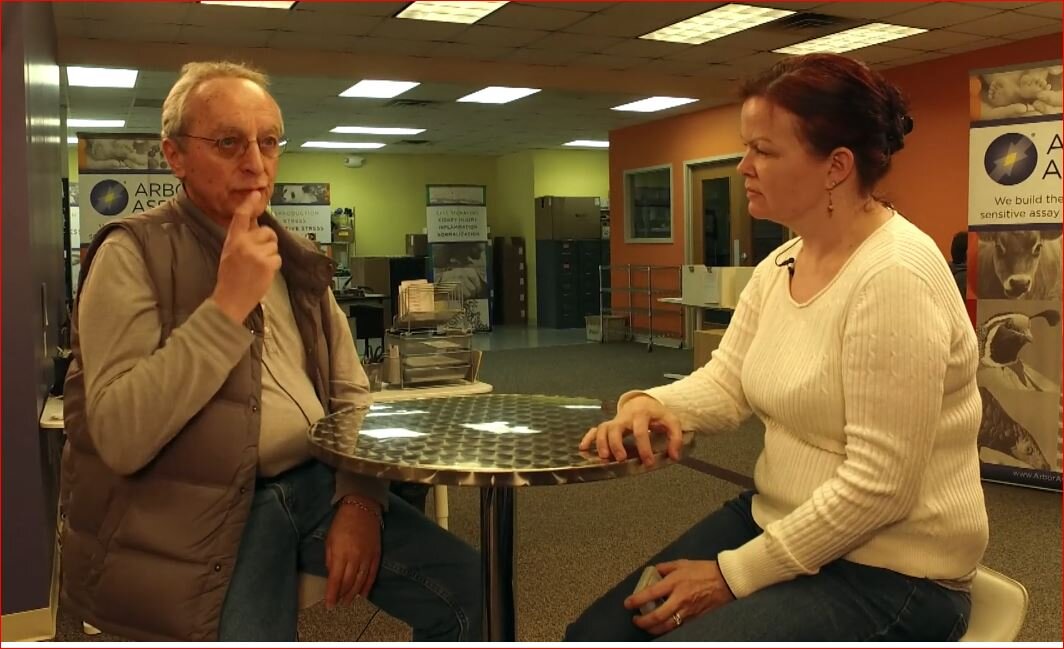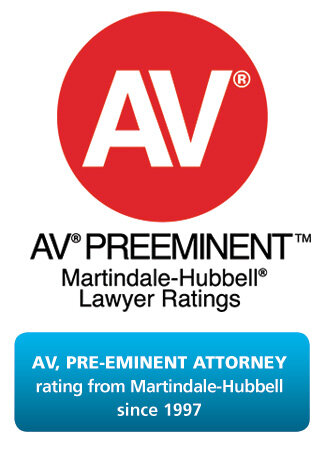Employee Ownership Trusts (EOT)
Less Expensive & Less Complex Than an ESOP, More Flexible and Permanent
What is an Employee Ownership Trust (EOT) ?
An EOT is a perpetual trust that can be created under state law in some US states, and can be used to purchase companies that continue to operate in any state. The EOT enables company owners to sell their business to a trust that provides financial benefits and governance rights to employees, without the cost and complexity of creating an Employee Stock Ownership Plan (ESOP). It is a profit-sharing plan that allocates profits (after company costs that include purchase debt) to employees and is managed under a trust agreement that provides for employee governance rights. It avoids key ESOP concerns including: 1) there is no obligation to repurchase stock from departing employees, as employees do not own the stock; and 2) the company can remain employee owned perpetually, and cannot be forced to sell to an outside buyer. See Arbor Assays case study.
EOT Origins
The United Kingdom (UK) has a model of employee ownership that does not involve individual awards of shares to employees. Instead shares are held permanently in trust on behalf of all employees of a company or group. In the US we call this type of perpetual trus the Employee Ownership Trust (EOT) model. The first well known such perpetual trust was established in Great Britain for the purpose of employee ownership in 1929 by the John Lewis Partnership. UK law also provides tax incentives for establishing perpetual trust ownership for the benefit of employees, not unlike U.S. tax laws that provide tax benefits for creating ESOPS. The US has no tax incentives for EOTs, but its operational costs are much lower than for an ESOP.
How an EOT Works
The company or selling owners create a perpetual trust for the exclusive purpose of operating the company for the benefit of the employees. The selling owner then sells its interest in the company to the trust, either all at once or in installments over time. Most often EOTs are seller financed. This may change as US banks become more familiar with EOTs. Repayment of purchase debt is a company expense repaid to the seller as a company expense.
The trust, as company owner, can allocate any profit that would normally be taxable income to the trust (revenue that is not deductible for the company’s operations, working capital, and future investments) to the employees. The profits, or a portion of them, are allocated to employees according to a formula (usually some combination of base compensation, seniority, job skills, etc.) determined by the seller or the employees. Thus, in profitable years, all participating employees get an increase in compensation over and above their standard compensation package.
The company amends its bylaws (or operating agreement) to give the employees certain avenues for input and control of the company’s operations and future direction. If interests in the company are sold to the trust in a series of transactions, or if the trust so states, the control rights of employees may develop over years. These rights may include the right to: elect some or all of the board of directors; access company financial information; raise grievances with management; provide direct input to the board about the company’s direction, product development and investment; determine how long employees must be employed before being entitled to profit distributions; determine the profit allocation formula, etc. There is a wide scope of ways in which employee control and direction of the company can be structured.
Under the EOT trust arrangement, the employees do not directly “own” the company. The trust is the direct owner, and the trustees operate it for the benefit of the employees, who are trust beneficiaries.
Benefits and Advantages of Using an EOT
An EOT is not subject to the regulations of an employee stock ownership plan (ESOP). An ESOP is a retirement plan subject to Employee Retirement Income Security Act of 1974 (ERISA), regulated both by the Internal Revenue Service (IRS) and the US Department of Labor. An EOT distributes financial benefits to employees every profitable year, so it is not a retirement plan and not subject to ERISA. This makes trust administering easier and less expensive. The trust does not file reports with the US Department of Labor and an annual evaluation is not required.
An EOT is intended to own the company in perpetuity. So it is best suited to owners who wish to: preserve the company to maintain local employment; benefit communities where the company currently operates; and protect against a future sale to a bigger company, an equity fund investor or a larger competitor. ESOP trustees, on the other hand, are obligated, as ERISA fiduciaries, to consider such offers and must sell if the ESOP trustees determine an offer to be in the best financial interest of the ESOP beneficiaries, as retirees, not as employees.
Shares in the EOT are not allocated to individual accounts and so never need to be re-purchased from departing employees. Avoiding repurchase obligation eliminates a future cash flow planning issue which is a major issue for ESOP companies.
The company’s management structure under an EOT can be like a traditionally owned company. The range of employee input and control can vary, but even where that scope is wide, the responsibilities for the day-to-day running of the company’s operations can be structured in traditional ways.
Thus, for companies whose size and revenues make establishing an ESOP a prohibitively expensive proposition, and if the owner wants the company to remain locally controlled by the employees, an EOT is a good option.
Although trust law in some US states do not permit this type of trust, an out-of-state trust from one of those that does can be set up to serve the purpose in any state in the US.
EMPLOYEE OWNERSHIP THAT FITS YOUR NEEDS
We can smoothly transition your privately-owned business to a worker-owned one that meets the seller’s objectives, is socially responsible and includes employee participation. Learn more
TESTIMONIALS
“Atty. Deb Olson helped us create the articles and bylaws for our new food co-op. We are very happy with the outcome. Her knowledge of other co-ops was quite useful. She was very engaged and responsive to questions. Her responses were prompt. She was willing to work within our financial constraints.” -Katilin Koch & Mia Kania of Marigold Food Co-op






